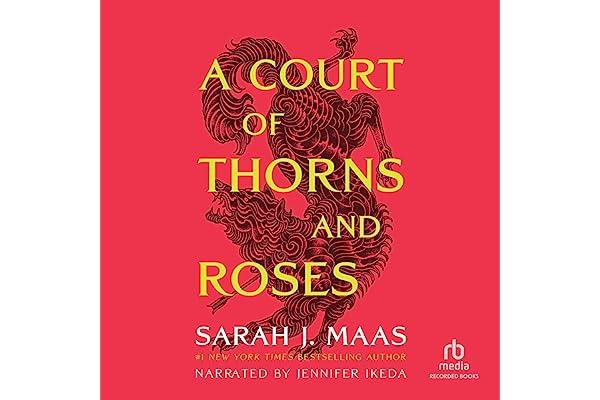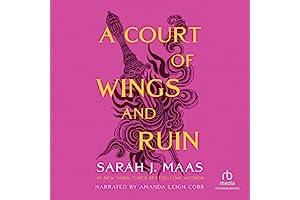Best Selling Folklore in Books
Folklore is a body of traditional beliefs, customs, and stories that are passed down from one generation to the next. It is often associated with a particular place or group of people, and can include myths, legends, and fairy tales.
Folklore has been a popular subject for books for centuries, and there are many classic works that draw on this rich tradition. Some of the most well-known examples include Beowulf , The Canterbury Tales , and One Thousand and One Nights .
In recent years, there has been a renewed interest in folklore, and many new books have been published that explore this subject. These books often focus on the role of folklore in modern society, and how it can help us to understand our own culture and history.
Links to Best Selling Folklore (Books)
- A Court of Thorns and Roses (paid link)
- A Court of Wings and Ruin (paid link)
Folklore and Fantasy
Folklore is often used as a source of inspiration for fantasy novels. This is because folklore often contains elements that are inherently fantastical, such as magic, talking animals, and mythical creatures.
Some of the most popular fantasy novels draw heavily on folklore. For example, the Harry Potter series by J.K. Rowling is full of magical creatures and characters that are based on traditional folklore.
Folklore can also be used to create more realistic and believable fantasy worlds. By incorporating elements of folklore into their stories, authors can create worlds that feel familiar and authentic to readers.
Folklore and Contemporary Literature
In addition to being used as a source of inspiration for fantasy novels, folklore is also being used in more contemporary works of literature. These books often explore the role of folklore in modern society, and how it can help us to understand our own culture and history.
Some of the most notable examples of this trend include The Help by Kathryn Stockett, The Color Purple by Alice Walker, and Things Fall Apart by Chinua Achebe.
These books all use folklore to explore the experiences of African Americans in the United States. They show how folklore can be used to preserve a culture and to resist oppression.
Conclusion
Folklore is a rich and complex tradition that has been passed down from generation to generation. It is a source of inspiration for many works of literature, and it can help us to understand our own culture and history.
Folklore is also a powerful tool that can be used to resist oppression and to create change. By exploring the role of folklore in our lives, we can learn more about ourselves and the world around us.

